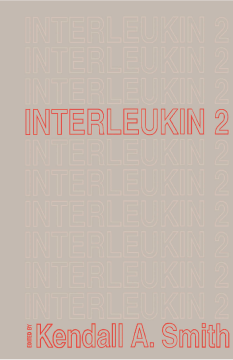
Additional Information
Book Details
Abstract
Interleukin 2 focuses on interleukin 2 (IL-2) and its impact on immunology. Topics covered include IL-2's mechanism of action, the structure of the IL-2 receptor, the characteristics of natural and recombinant human IL-2, regulation of IL-2 production by the T cell antigen receptor, how IL-2 binding induces the transcription of a novel set of genes, and the pathological roles of IL-2 receptor inducers in adult T cell leukemia.
This book is comprised of 12 chapters and begins with a historical overview of IL-2, from the discovery of soluble mitogenic factors in culture media of stimulated lymphocytes to the discovery of IL-2 as the molecule responsible for stimulating T cell proliferation. The physicochemical and biological properties of purified recombinant IL-2 are then described, paying particular attention to natural IL-2 derived from human peripheral blood leukocytes. The chapters that follow discuss the different techniques used to gain insight into the functionally important regions of IL-2, the role of the T cell antigen receptor in regulating the production of IL-2, and the structure of the human high-affinity IL-2 receptor. The book also describes transmembrane signaling by IL-2, IL-2-inducible gene expression in T lymphocytes, abnormal IL-2 receptor expression in adult T cell leukemia, the use of IL-2 receptors in immunosuppressive therapy, and the use of IL-2 as a pharmacologic reagent.
This book will be of interest to students and researchers in immunology and biochemistry.
